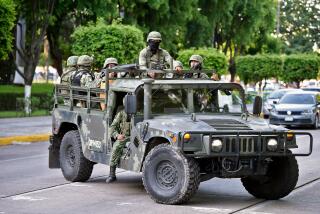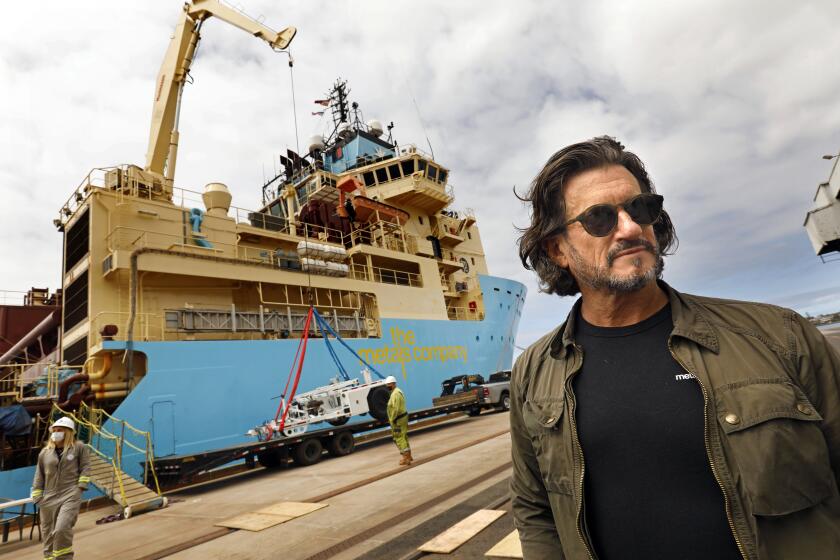The Bottom Line for Republics: Negotiate : Political chaos would undermine economic development
Some of Benjamin Franklin’s folksy wisdom was in fact universal, both as to space and time. So what he said when Americans declared their independence two centuries ago is a warning as fresh as this morning for the 15 Soviet republics bent on being free: “We must all hang together, or assuredly we shall all hang separately.”
It may be that what used to be called the Soviet Union is getting the message.
As it turns out, the 300 million people of the old empire, and their leaders who are declaring their intention to go their own ways, have some historical sense of hanging--and a clear understanding that the independence they seek is political, not economic and not geographic. If the seething mass of more than 100 national groups and the watching world keep that always in mind, it will help in managing one of the most incredible periods in history, the ultimate outcome of which remains very much in doubt.
Before the coup, the Russian republic had signed agreements to respect the borders of Latvia, Lithuania and Estonia. Now more than half of the 15 republics have declared themselves independent, the latest being the Soviet Union’s major oil producer, Azerbaijan. But, as if mindful of the Franklin maxim, Russia and two of the most important breakaway republics have hammered out new formal links.
The first was between Russia, which has half the Soviet Union’s population and 75% of its land, and the Ukraine, the next-largest republic. Hours later, Russia signed an agreement with Kazakhstan, its largest neighbor geographically.
There is no love lost between Russia and the Ukraine, in part because many Ukrainians were pleased to see Germans marching toward Moscow during World War II. But between them, they account for more than two-thirds of the Soviet population.
And even before the dust had settled from the short-lived coup, Russia President Boris N. Yeltsin had a delegation en route to Kiev to negotiate an accord in which the two republics agreed to help one another prevent the “uncontrolled” disintegration of the old union. The first step will be economic agreements. On Friday, Kazakhstan joined in a similar promise to try to avoid chaotic disintegration. Even Moldova, one of the smallest and most fiercely independent republics, might just possibly come to appreciate how hard it will be to break economic ties with republics that are the largest market for its crops and wine and supply most of its oil and gas.
Some analysts think, in fact, that the ties between the buyers and sellers of the future landscape of the old Soviet Union--whatever that may be--are more important than any treaties among the new breed of leadership.
Old ethnic suspicions and animosities will not die easily, or perhaps even fast. Or perhaps not ever. They could still tear apart the most carefully built new structures. But early moves suggest that Yeltsin and the other new leaders seem to understand the importance of hanging together. The fact is they must talk and think their way through the next tumultuous years. “Command and control” has been replaced by “coax and cajole.” And there is no turning back.
More to Read
Sign up for Essential California
The most important California stories and recommendations in your inbox every morning.
You may occasionally receive promotional content from the Los Angeles Times.





